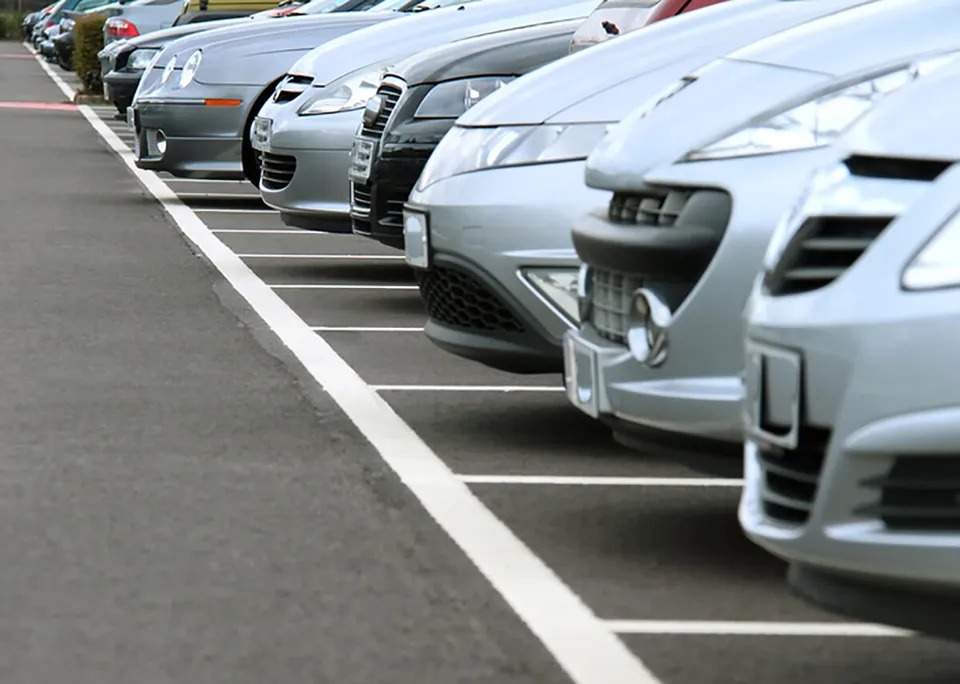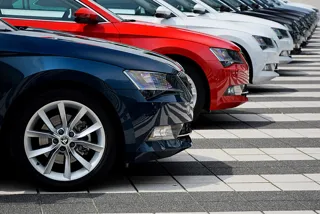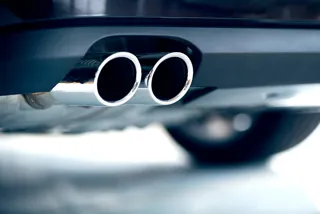Fleets are extending leases and turning to short-term hire in an effort to combat problems ordering vehicles due to the new emissions testing regime.
The situation has been described as a “nightmare”, with fleets saying cars are disappearing off price lists, while others are subject to extended delivery times thanks to a backlog of orders.
All cars are being transitioned to the WLTP (Worldwide harmonised Light vehicle Test Procedure), with newly type-approved models subject to the test since last September, while all other new cars must be rehomologated by this September.
WLTP replaced NEDC (New European Drive Cycle), which had been criticised for failing to represent real-world fuel consumption.
Val South, GB fleet manager for Xerox, told Fleet News: “You can’t order cars from some manufacturers, because they’ve taken them off the quoting system while they undergo the test.”
South said it was causing a backlog of orders, while she is also having to deal with complaints from company car drivers facing a choice list that was offering 100 cars one month, but only 10 the next.
“We’re having to extend leases beyond their normal replacement date, which could have an on-cost if you’re running high mileage, older cars,” she said.
South has also advised employees that if they wait for cars to come back on the choice list they must be prepared for the possibility that the amount of tax they pay could go up if the vehicle’s CO2 emissions rise as a result of the new test.
Those that have already placed orders have also been given the option to cancel at no cost, she said.
Paul Tate, commodity manager at Siemens, which has a fleet of 5,000 cars and vans, has also been impacted by vehicle availability due to WLTP.
He said: “It’s a nightmare. Vehicles are disappearing from our rate books and there are no replacements.”
Another fleet manager, who preferred to remain anonymous, told Fleet News that he was also struggling to order cars to fit his fleet policy and was putting replacement vehicles on hold.
He said: “We have reverted to taking whatever sensible long-term daily rental car or mini-lease is available to fill our car requirements until WLTP sorts itself out and we can review our car policy. We anticipate this may take until spring/summer next year to conclude.”
The Government has announced that WLTP CO2 figures will not apply to first-year vehicle excise duty (VED) and company car tax until April 2020.
However, it is not expected to reveal how it will help fleets mitigate the expected increase in CO2 from the new test until the Budget in November.
Zenith has taken the decision to remove all cars that are not yet WLTP approved from its quoting platform to avoid confusion among its customers.
Ian Hughes, managing director of Zenith, said: “We believe that this approach is the most transparent way to ensure that our drivers order with confidence and receive the car they’re anticipating. It’s really important that we do the right thing by our customers.”
Arval told Fleet News that it has seen some large fleets extending lease contracts, because of the uncertainty that surrounds the impact of WLTP on company car taxation.
Shaun Sadlier, head of consultancy at Arval, said: “We have seen new fleet car registrations start to tail off and, while it is probable some of that is due to the economic slowdown and market uncertainty, some of it will also be due to deferred vehicle replacement.”
Paul Hyne, chief financial officer at the leasing firm, says the switch away from diesel towards petrol, hybrids and, to a lesser extent, electric vehicles (EVs) will also have played its part.
He added: “What is complicating this picture is that the delays in fulfilling orders means cars ordered under NEDC figures may end up being built as NEDC-correlated vehicles, potentially impacting on the tax that drivers and their employers ultimately pay.
“This makes it difficult for businesses to make fully informed decisions.
“Adding to this confusion is the fact that the information being supplied by some manufacturers is patchy, both on delivery times and NEDC implications.
“This, in turn, means it is difficult for us to manage customer expectations in some cases. We would very much like to see greater clarity.”
However, Hyne said: “It is important to put this in perspective. A majority of fleet vehicles remain available on what we consider normal lead times and, for some, availability is currently very good.”
Shaun Barritt, group chief executive officer at Grosvenor Leasing, agreed that, if the vehicle is in production, lead times remain unaffected.
“The real issue is the number of manufacturers ceasing production on current models, while new more WLTP-compliant models find their way into the market,” he said.
“We have experienced problems with ordering hybrid vehicles as some manufacturers have stopped production on these derivatives until further notice. This has not been the case with pure electric vehicles.”
The lack of clarity around diesel, WLTP and CO2 on BIK risks damaging corporate confidence in company vehicles, which Tim Buchan, Zenith’s chief executive officer, says “will be bad for all of us”.
He is predicting limited availability of some vehicles in the last quarter. “We need clarity on BIK in the Budget,” he said.
Manufacturers, for their part, have attempted to play down the issue, but Volkswagen admitted earlier this month that its main factory in Wolfsburg, Germany, faces temporary shutdowns later this year, owing to the new emissions test.
It is planning “closure days” to prevent a build-up of vehicles that have yet to be approved for sale.
The manufacturer says it does not have enough testing equipment to cope and fears a backlog of cars will ensue.
At a meeting with unions, chief executive Herbert Diess admitted that meeting the new requirements and getting new cars approved for sale was proving a challenge.
“We will only build vehicles after the works holiday that fulfil the new standards,” Diess told staff. “The deliveries will take place gradually as soon as the necessary approvals are there, but many vehicles will have to be warehoused.
“To make sure their numbers don’t become too large, we will have to plan closure days through the end of September.”
Franchised dealers report that Volkswagen and Audi are facing the biggest challenge, with one reporting that its volumes will drop by thousands of cars this year due to the pause in production.
Chris Lovegrove, total cost of ownership manager at Fiat Chrysler Automobiles (FCA), told Fleet News he expected to see “only a temporary delay on some vehicles”, because the new WLTP regulations were released late, and all the testing stations were full.
Meanwhile, Rob East, head of fleet at Mercedes-Benz, did not expect to see any issues with lead times, but admitted there was “a lot of uncertainty” in the market and vowed to work with customers.
However, he said: “I think we will see fleets adjusting their policy to suit changes in the market.”
John Hargreaves, head of fleet and remarketing at Kia, believes WLTP’s impact could also force Government to review CO2 thresholds.
The main rate capital allowance threshold and lease rental restriction both fell from 130g/km to 110g/km from April.
Meanwhile, the 100% first-year allowance threshold reduced from 75g/km to 50g/km from the same date, with the allowance applicable until March 31, 2021.
Hargreaves said: “If there is a substantial increase in CO2 when WLTP stats are used, there will be a lot of pressure on the Government to change some of the thresholds otherwise you are going to have fleet policies that are decimated.”
Furthermore, uncertainty could force some employees to abandon company cars in favour of cash, according to Neil Hunter, head of corporate sales north at Peugeot Citroën and DS Fleet.
He said: “I think all we can really do is wait and see what the outcome is.”























Login to comment
Comments
No comments have been made yet.